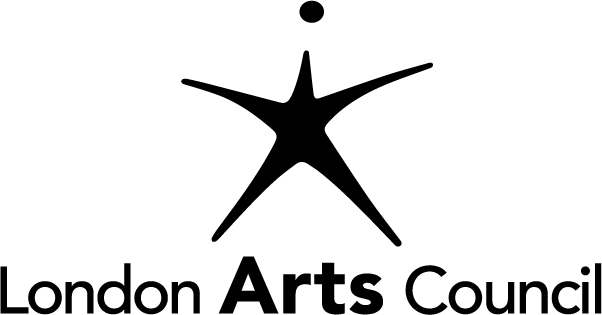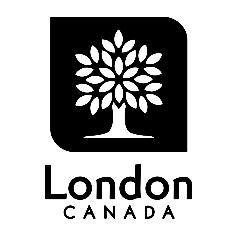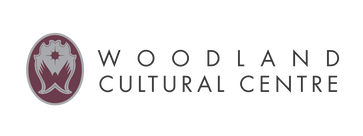river sisters
by Rita Wong
from the pearl river to the peace river
i have walked among river killers
serial killers in suits, wielding bureaucracy
to disguise the ignorance and arrogance of
patriarchs* who thought they knew best
but refused to see or care
about the dying baiji, the disappearing moose
when they try to flood the river’s curves,
they would smother her forest-loving song
bloat her body with their greed and ego
silencing millennia-old bird song
forgetting that the river belongs to herself,
not to them
the ghosts pile up with the toxic mistakes
in the patriarchs’ drive to power
as they gamble away the haunted house
we call earth, watershed home,
the spirits of those who’ve had their homes stolen & destroyed
know how money talks loud but earth bats last
we call on these spirits
to help people change their river murdering ways
before it is too late
dedicated to:
Dai Qing, Bing Ai, Feng Yan, Arundhati Roy,
Helen Knott, Yvonne Tupper, Connie GreyEyes
(*i am thankful for the real fathers in our lives, who are loving and listen, respecting the rivers’ power and the women’s voices, but they are not running the corporate-dominated governments that are allowing and scheming for the murder of the rivers)
ECH: Tell us a little about yourself.
I am fortunate to live on the unceded Coast Salish territories of the Musqueam, Squamish, and Tsleil-Waututh First Nations, where I spend my life learning to be a good relative to the Indigenous peoples of this place. This involves considering and acting on our shared responsibility to protect the health of the lands and waters for current and future generations, and I have written about this here.
ECH: Briefly describe your practice.
For the past decade or so, I have been paying attention to how water shapes our lives and societies. This has involved following the path of the Fraser River (see for instance an essay I wrote that starts on page 22 , following the Columbia River (see the poem beholden, cowritten with Fred Wah: ), and the Peace River . I began this journey through the invitation of Dorothy Christian and Denise Nadeau, when they organized an event asking people from all four directions to focus on taking care of the water that gives us life. Dorothy and I have co-edited an anthology called Downstream: Reimagining Water.
ECH: What role does your cultural identity play in your work?
As a woman of Chinese descent, I began writing to voice some of the experiences and feelings I had that were conspicuously absent in dominant culture, which functioned to normalize and centre whiteness. I was fortunate to be raised by two parents who were born in Toisan (southern China), who passed on some of their language and much of their cultural inheritances to me. So I would say that my cultural background has been formative and helped me to see the world with both fresh and old eyes.
ECH: As a person of colour, what challenges do you face navigating the art world?
My first book of poetry, monkeypuzzle, offers some of the cultural reclamation I needed to do in order feel grounded and present in my own voice and experience (not assimilating or mimicking white culture, even though the book is written in English, mostly, with a bit of Chinese hovering here and there, persistently). The process of writing that book was valuable practice in facing racism, rejecting racism, rejecting stereotypes, and building honest community. Growing up in Calgary, I felt the pressure of unspoken normalized white supremacy (though I didn’t have the language for identifying that when I was young, this came later). Addressing systemic unconscious bias is an ongoing work in progress.
ECH: Could you share a little bit about your experience during the pandemic?
Before the pandemic hit, I was very focused on stopping the expansion of the Trans Mountain pipeline, the Site C dam, and the CGL pipeline. All three of these projects are clearly examples of environmental racism that devastates the lands of Indigenous peoples, and Canada has been rebuked by the United Nations’ Committee for the Elimination of Racial Discrimination for allowing these projects to proceed (see UN committee rebukes Canada for failing to get Indigenous Peoples’ consent for industrial projects ). I remained focused on this as much as I could during the pandemic, which helped me to see the connections between destroying the health of the land, and the resulting threats to the health of people - see articles like the following:
- The real cure for COVID is renewing our fractured relationship with the planet
- Protecting nature is vital to escape 'era of pandemics’ – report
So the pandemic taught me to see the connections between land and health even more, and articles by Dionne Brand and Arundhati Roy helped me to imagine and voice the future I want, which is NOT a return to “normal,” but a transition into something more grounded in what some have called the care economy, and the articles: Dionne Brand: On narrative, reckoning and the calculus of living and dying and Arundhati Roy: ‘The pandemic is a portal.
Before COVID hit, there were large Wetsu’weten solidarity rallies happening in Vancouver, and across the country and internationally. The pandemic should have been a reason to shut down CGL, TMX and Site C, and it was distressing to see the government use the pandemic to continue those destructive projects nonetheless, spreading COVID at all three of those work sites instead of responsibly listening to the earth, warning us to SLOW DOWN.
Most recently, I just visited Ada’itsx, also known as the Fairy Creek watershed, and wrote about it here.
ECH: Do you think a dedicated “Asian Heritage Month” in Canada is still relevant? If so, could you give an example of how it is a benefit to you and the general public? If not, could you offer an alternative approach for rethinking this month and/or raising awareness of Asian cultural issues?
There clearly is a need to honour Asian heritages, in the face of rising anti-Asian racism, which has also given rise to events like these:
https://www.scholarstrikecanada.ca/anti-asian-racism-undone
https://us02web.zoom.us/webinar/register/WN_SGRZUe1VSa6Srrpg15p2IA
https://events.ubc.ca/national-forum-on-anti-asian-racism/
https://www.facebook.com/events/275547907577467 (which I’m reading at)
Whether it’s based in a month or not, it needs to be ongoing.


















